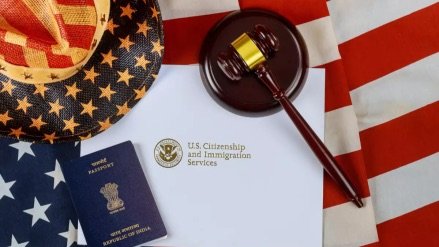WASHINGTON, D.C. — In a significant policy reversal, the U.S. federal government has begun reinstating the legal status of international students whose visa records were abruptly terminated in recent weeks, following mounting legal pressure and nationwide court challenges.
According to statements delivered by government attorneys in federal courts in both Oakland, California, and Washington, D.C., U.S. Immigration and Customs Enforcement (ICE) is now manually reactivating the Student and Exchange Visitor Information System (SEVIS) records for affected individuals. This development comes after multiple judges issued temporary orders mandating the restoration of these students’ legal standing within the U.S. immigration system.
“The agency is working on a new policy framework for SEVIS record terminations,” read a government statement filed in court. “Until such a policy is finalized, ICE will maintain or restore the active status of affected students and will not terminate records solely based on NCIC-related findings.”
The NCIC, or National Crime Information Center, is a federal criminal database operated by the FBI. In many of the recent cases, students were informed their legal status was revoked due to information sourced from NCIC checks—often without any prior notification or due process.
Attorney Brian Green, who represents a student in one of the lawsuits, confirmed that the policy shift would extend beyond those currently engaged in legal battles. “This isn’t just for the plaintiffs,” Green stated. “The government made it clear this will apply broadly to all students who’ve experienced similar terminations.”
The sudden revocation of SEVIS records had left universities and students scrambling. Many students only learned of their status changes after routine checks by university officials or when contacted by peers facing the same issue. The lack of prior warning or clear explanation caused widespread confusion and fear among international student communities.
For now, students previously impacted by the terminations can remain in the country legally, with their SEVIS records marked as active while ICE develops a formal policy. Advocacy groups and immigration attorneys continue to call for transparency, consistency, and accountability in how the U.S. handles its obligations to international students—many of whom contribute significantly to academic institutions and the broader economy.

 English
English



























































